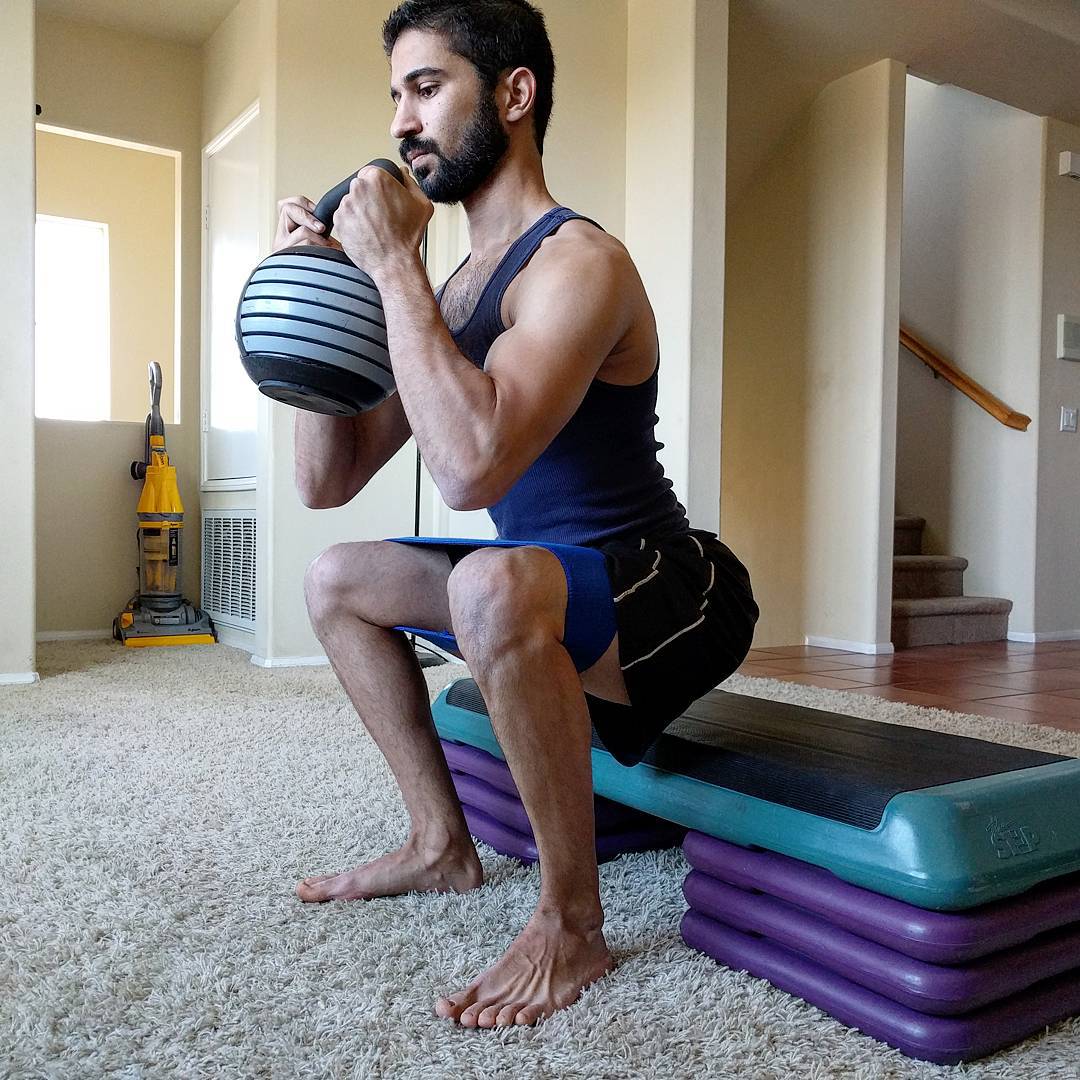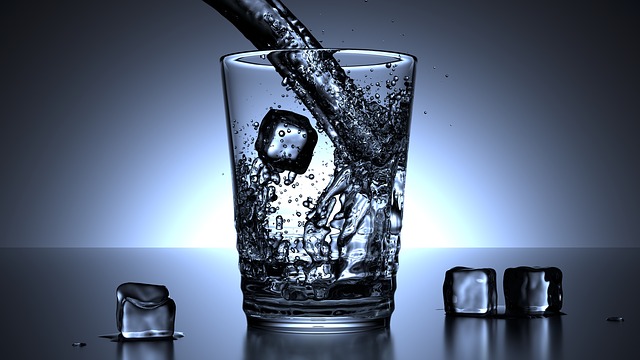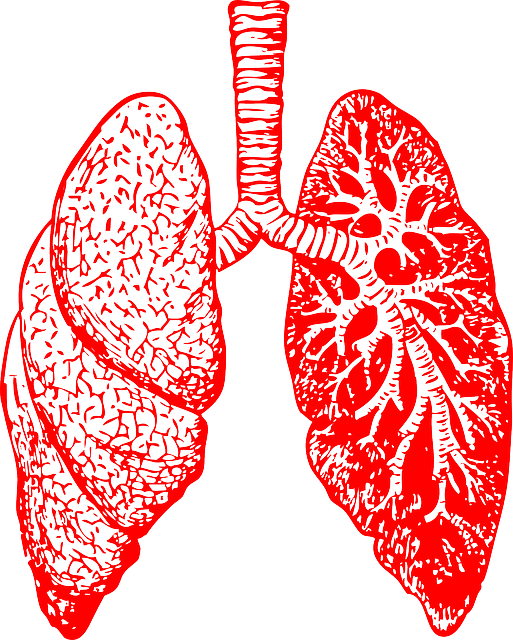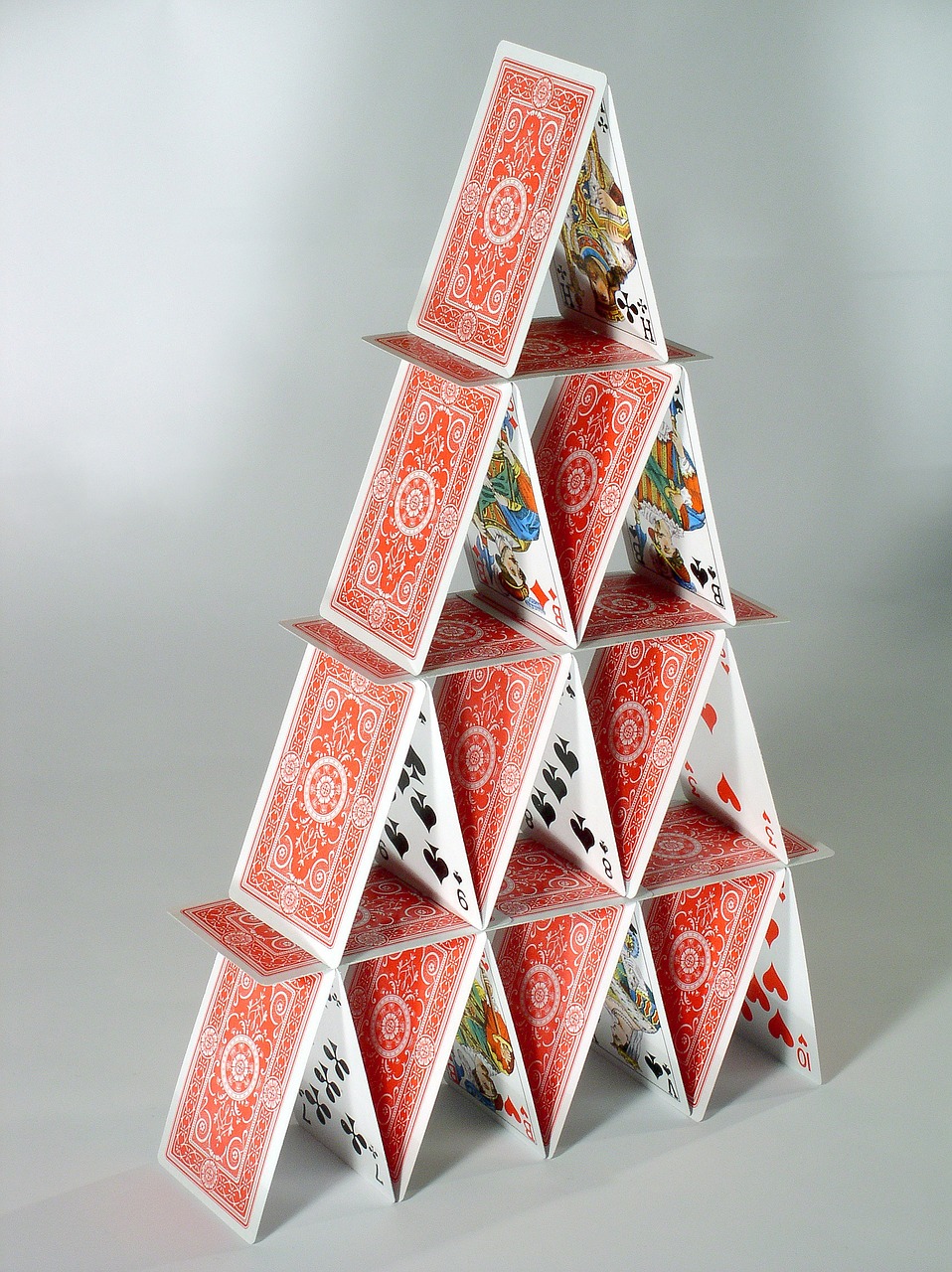I’m about to say something controversial: diet and exercise are not the most important parts of losing weight. Yup, that’s right. A personal trainer saying that there are more important things involved that the very reason people hire me.
Before you run off and hire someone else, let me first use a quick analogy to make my point. When we think of our home, we often think of the color of the walls, what kind of curtains we want to use, hardwood vs carpet, etc. But to me, all that is useless if the house is built on an unstable foundation. It might look great for a while, but cracks will start to appear, and pretty soon the whole house is worthless because the roof is starting to collapse. Time to demolish and start again.
To be clear, diet and exercise ARE important. But just like the house, diet and exercise are not the foundations of health and sustained weight loss. So where do diet and exercise rank in terms of importance? Here’s the whole list.
#5 – Exercise
Without going too deep into the science, weight loss all comes down to calories. The current model is CICO (calories-in, and calories-out), where if we burn more calories than we take in, we lose weight. When it comes to calories-out, there’s two big parts.
Part 1 is what we call our basic metabolic rate. Think about BMR as the calories the body would use even if we were in a coma. The challenge is, according to the US department of Agriculture, the daily recommendation for calorie intake is anywhere from 2,000 to 2,600 calories. So, to make up the difference between BMR and what we eat on a daily basis, exercise and movement is needed to drive up the number of calories burned.
Easy example: 2,200 calories in from food, BMR of 1,100. I’ve got 1,100 calories left to ‘burn’ through exercise, or the leftover calories will be stored as fat.
#4 – Nutrition
Following the same logic as above, nutrition is the calories-in portion of our equation. If we eat more calories than we burn through BMR and exercise, the body stores the extra calories for future use. Great news if it’s 500+ years ago when we would sometimes have to go days without eating. Bad news when our refrigerators are stocked, and the nearest grocery store or restaurant is only a few blocks away.
So, to balance that equation, take in less calories through food. If we keep the same BMR from above at 1,100, but only take in 1,700 calories through food, I’d only have to ‘burn’ 600 extra calories through movement to maintain weight.
And this is where most people stop. Eat less, move more, making calories-in less than calories-out, and we lose weight. Right? Well, for some people. The next three points are where things get tricky and quite frankly frustrating to think about. Because the next three points are where I find most people fail to lose the weight they want. Before I list them, I need to make one point clear, and that’s about what we’re made of.
You are the product of 37 trillion cells coming together to make up one big body. What’s even cooler is that those cells don’t stay the same through your life. Just like we need to replace batteries in our electronics, when a cell has burned as many calories as it can, it gets replaced by a new cell.
The problem is lifestyle gets in the way of that replication process. And that’s where our next 3 factors come in.
#3 – Sleep
It makes sense that WHAT we eat is just as important as how much we eat. If we want a healthy body, we need to eat things that will support building better cells. Veggies and good quality fats are imperative to that process just as protein is vital for building muscle cells. But it’s when our head hits the pillow that the process of healing and rebuilding cells takes place.
The vast majority of human beings need anywhere from 7-9 hours of sleep per night, but it’s more than the amount of time between the sheets. Sleep is more about the quality of recovery we get. Think about it this way: we all know that stress is bad for us. Cortisol is what we call a catabolic hormone; a hormone that breaks things down. Sleep produces what we call anabolic hormones; hormones that are coupled with rebuilding processes. If we don’t sleep enough, or worse off, we’re still stressed from bad food and too much screen time, the body never gets rid of enough cortisol, and the cells don’t grow back right.
Let me be clear on this point. Sleep is critical for the cells to replicate well. If we don’t sleep well or enough, the cells that grow are not as strong as the previous cells. Those new cells now are less capable of burning calories efficiently, and therefore we’re handicapping the calories-out part of the equation. I can’t stress this enough, so I’ll say it again: Sleep trumps exercise!
#2 – Hydration
Ever heard the expression ‘burning calories?’ Well, to burn something is to take it through a chemical reaction. Every single cell inside your body is electro-chemical, and water is the number one thing those cells need to maintain every single function. Think about it this way: the body can survive up to ten days without food, but only 2-3 days without water.
You can eat the best diet in the world, but the cells in the gut need water to properly break down the food. You can do the best weight based workout ever, and sleep 9 hours, but the cells need water to get rid of all the waste from the muscles breaking down. You can even meditate for an hour every day, but without water, the adrenals get stressed out and produce cortisol at alarming rates.
The number one challenge to water is this: getting too little water (dehydration) and getting too much water (hyponatremia) both feel the same! It’s all about getting the amount of water you take in to balance your sodium levels. The rule of thumb is this: 0.5oz of water per pound of body weight. But keep in mind, everyone is different, and that fluctuates depending on your diet and activity level.
#1 – Respiration
Everyone breathes. Period. The body can go a few days without water, but if you stopped breathing, you’d be brain damaged within only 4 minutes, and dead within 10. Yet with little exception, everyone fails to breathe WELL. This point is massively important because every cell in the body respires just as we do. When a cell takes a breath, it brings in fresh resources and calories to do a job, and then excretes the waste products left over. (Fun fact, when we talk about burning calories, the biggest waste product is carbon dioxide that leaves us via the lungs. That’s right, if you want to lose weight, breathe more!)
I want you to think about your breath as the accelerator pedal in the car, and the respiration of the cells as the speed (mph). When you want to get up to a faster speed, you apply more acceleration by pushing down on the pedal. But once you get to the desired speed, you can’t just stop applying the accelerator; otherwise the car will slow down bit by bit. Cell respiration is your speedometer, and the frequency of your breath is the gas pedal. When we breathe poorly, it’s like starving the engine of gas, so the whole thing slows down. Every cell in the body respires less, and a whole host of things gets produced less effectively: hormones, neurotransmitters, ATP, carbon dioxide, and even calories don’t get burned at the same rate!
You can have the best diet and exercise regiment ever created, but if you’re not breathing well outside of sessions, the body is slowly going through asphyxiation from the inside out. The good news is that just like that gas pedal, you don’t need to deep breathe every second of every day. About once an hour, stand up and take a few full breathes to keep the ‘speed’ of the cells up.
The last thing I want to mention about the respiratory system is that because oxygen is the highest priority to our survival (remember, dead in 10 minutes without it), it is thus intertwined with a ton of other systems we have. I could write a book on that topic alone, so for the purpose of this post I’ll be brief and only list a few examples:
The Muscular System: Take a big breath in, and notice what shape your body takes, or what movements happen. Then breathe out, and I mean ALL the way out. Every ounce of air out, and see what shape your body takes. It’s more than just the diaphragm, but the whole muscular system moves with the breath.
The Digestive System: When we take a full breath, the diaphragm pushes down on the digestive system, moving around the internal organs almost like a massage. This helps squeeze and push not only food through the system, but helps stimulate the secretion of digestive enzymes to help break down the food.
The Parasympathetic Nervous System (PNS): This is the branch of the nervous system coupled with rest and digestion. Without going into too much detail, think of the difference in how you breathe when you’re truly relaxed, vs. how you breathe during sympathetic nervous system arousal (running away from a tiger).
The Immune System: Oxygen manipulation is one of the primary ways the immune system combats foreign invaders. New research and treatments are now looking into the effects of using ozone as therapy for cancers and even joint pain!
I’d like to start to close out this post by expanding on the house analogy from before. The foundation of our house, as said before, is respiration, water, and sleep. Those create a stable floor that we can then build our walls of diet and exercise on. But the challenge isn’t that the foundation starts cracked. It’s that when we start to see results from starting slow and learning the basics, we tend to skip over some of our foundational habits. Getting to the gym is more important than sleep. Lifting a heavier weight is more important than breathing properly. Pretty soon our foundation is getting corroded from bad habits, and the value of our house is dropping little by little.
What’s worse, and I say this from years of experience as a coach, is that people are all too quick to make up excuses for foundation problems. “I’m just old, that’s why my back hurts,” instead of realizing that respiration is one of the prime movers of the spine. Or, “I’m just stressed because my boss yelled at me,” instead of realizing too little water stresses out the adrenal glands.
If you ever find yourself in a state of sub-optimal health, start with the foundation of your house first. Or, if you haven’t the faintest idea on how to fix the issue, hire someone like me to train not just your muscles, but the whole body from the inside out. Because remember, you are 37 trillion cells, and every one of them need training to stay healthy.






